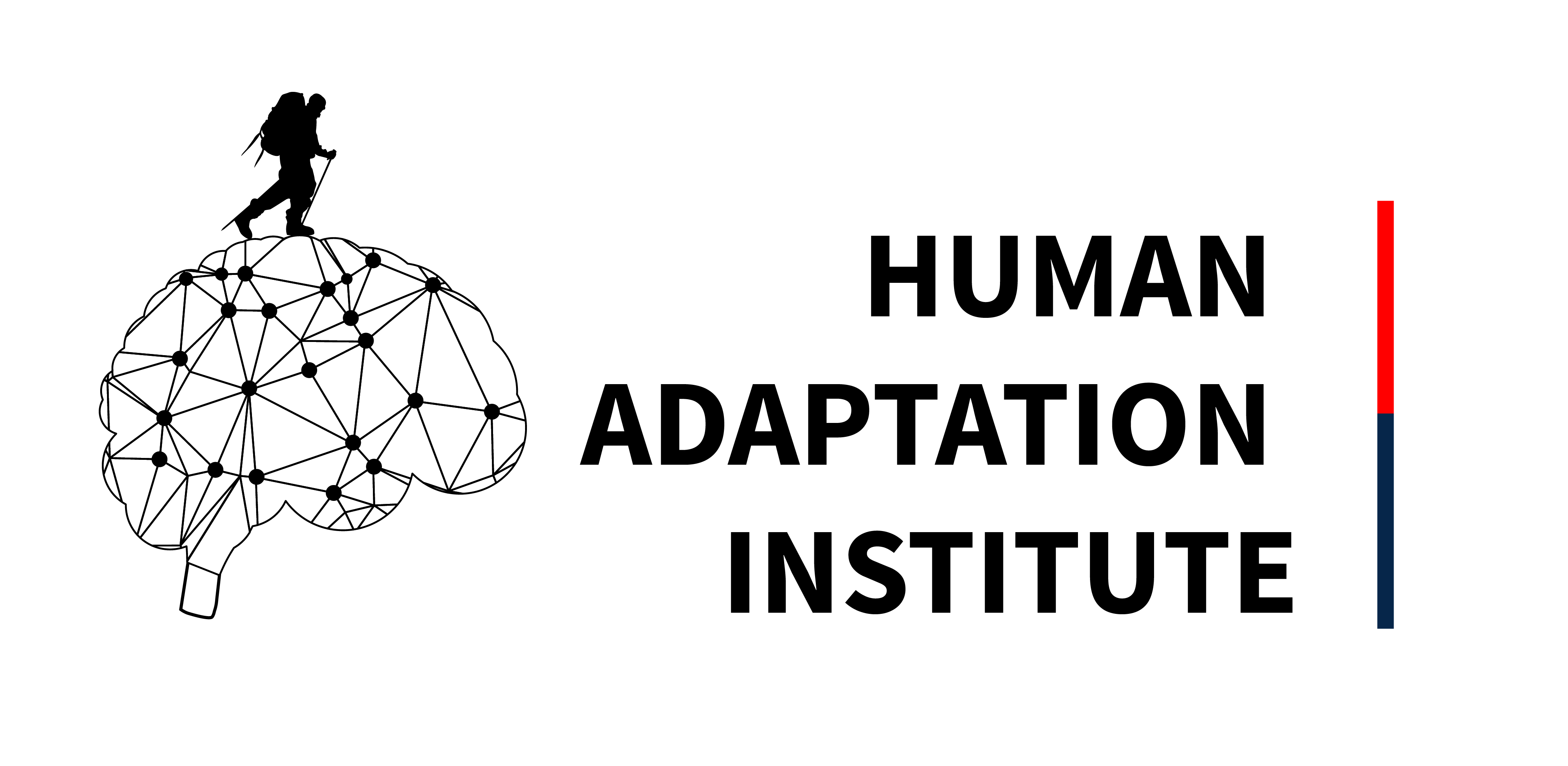According to scientific disciplines and differing views, the concept of Adaptation does not always have the same meaning. It is a millennial principle seen through the prism of the evolution of the species over a long period of time, or, it can be over a few months in the case of the brain plasticity of a child.
However, several observations are imperative today, which necessitate a redefinition of the very concept of adaptation due to:
- Systemic changes that are more and more rapid, numerous and unpredictable and with increasingly limited time to act and adapt.
- Our impact on the environment and the limited actions taken to reduce it.
- An increase of people with serious adaptation problems and the rise of resulting diseases.
____
ADAPTATION ?
For us, the notion of adaptation is a response to the fact that we are no longer able, for a more or less length of time, to provide a satisfactory response to the ecological conditions (constraints) in which we are living. During this time period, we are in an “extreme condition” (see definition below).
This failure to adapt can result from an ecological or situational change (exogenous), or a change in outlook or ability (prism) when faced with a situation (endogenous), or sometimes both.
Providing an answer requires:
- Stabilization on the one hand: being or becoming functional again, in the existing situation at a moment “t”: resilience, adaptation strategy, physio-cognitive evolution…
- Projection and “influence,” on the other hand: being able to project and anticipate decisions that will make the immediate or future situation more functional / adaptable (for example, reducing our environmental impact to preserve a possible living environment in the future).
- Implementation: acting on ourselves, on our collective group, on systems or structures, to make this anticipation plan a reality.
____
A NECESSARY ADAPTATION OF OUR HUMAN PARADIGMS
At the present time, anticipating future living conditions is mainly considered under the prism of structural or technological adaptation. Most of the “Adaptation plans” are based on spatial planning and energy supply. Though these principles are important, they too often neglect a necessary human adaptation to these future conditions, along with necessary paradigm shifts, at equal levels, to reduce our impact to the same degree as being ready to face these future conditions.
At the Human Adaptation Institute, we are primarily interested in this human adaptation aspect, because nothing can be done without this first prism.
____
THE PILLARS OF HUMAN ADAPTATION

The notion of Adaptation as such has three essential and determining pillars, the result of which enables one to adapt to new conditions:
– Adaptive reaction: On the one hand, an “adaptive reaction” means being made aware of a past event, in order to be able to act effectively and calmly in the new present situation, in the long term. This includes resilience, real situational acceptance (not expected or dreamed) and managing the present through decision making and free will.
– Physio-cognitive Adaptation:
Cognitive, epigenetic and physiological adaptation to new constraints, a major part of which is unconscious, but over which we nevertheless have an influence. The stabilization of one’s physiological and mental constants, a normalized chronobiology and low overall fatigue.
– Anticipation-Projection:
The aptitude to plan one or more actions allowing, (depending on the present situation), to influence the future situation by decision-making, implementing actions and constant reassessments.
When all of these three pillars are attained, we consider the individual to be adapted, ready to face new changing conditions… and to re-adapt to them.
____
THE CONCEPT OF “EXTREME”:

We define the notion of extreme as a context, a moment, more or less long, during which a person or a group can no longer comprehend their immediate environment and living conditions. We then feel like we’re in a fog, a more or less deep discomfort, the impression of having no control over the elements – which appear hostile to us – and / or over ourselves, and of no longer being in control of events. A bit like being in a storm.
This can be the case even when the situation is no longer an active one, such as during an attack at an instant “t,” which creates a cognitive principle of mistrust.
A person who loses a loved one, and no longer recognizes himself / herself in the world around him / her, and feels in an aggressive state at work or otherwise, can therefore recognize this extreme context and thus feel it until he / she finds an adaptive solution.
At the Human Adaptation Institute, we work in extreme environmental milieus, because they are the best real “simulators” of these life contexts.
